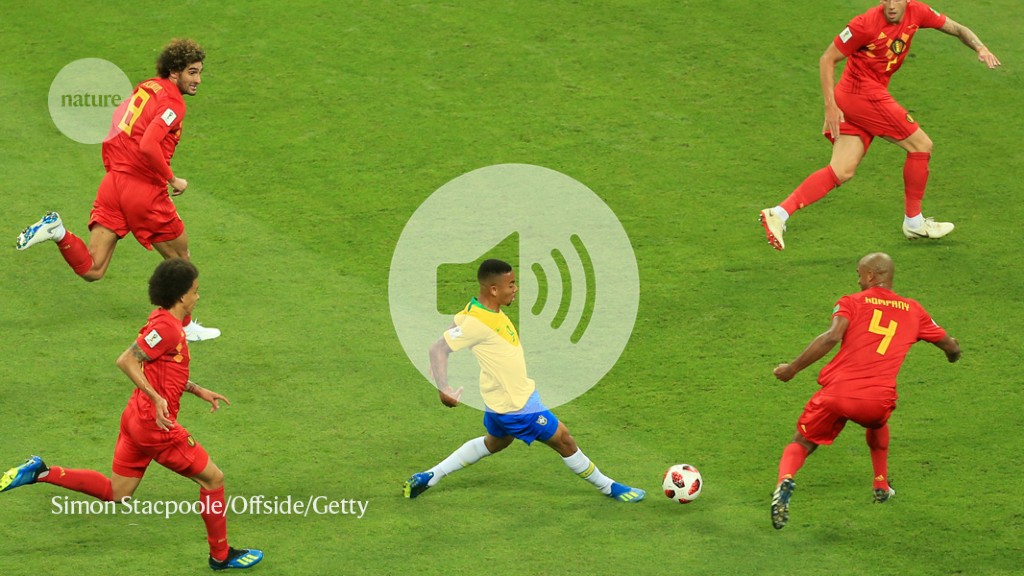Audio long read: Science and the World Cup — how big data is transforming football
Big data is playing an increasingly important role in football, with technologies capturing huge amounts of information about players' positions and actions during a match.
To make sense of all this information, most elite football teams now employ data analysts plucked from top companies and laboratories. Their insights are helping to steer everything from player transfers to the intensity of training, and have even altered how the game is played.
Continued here